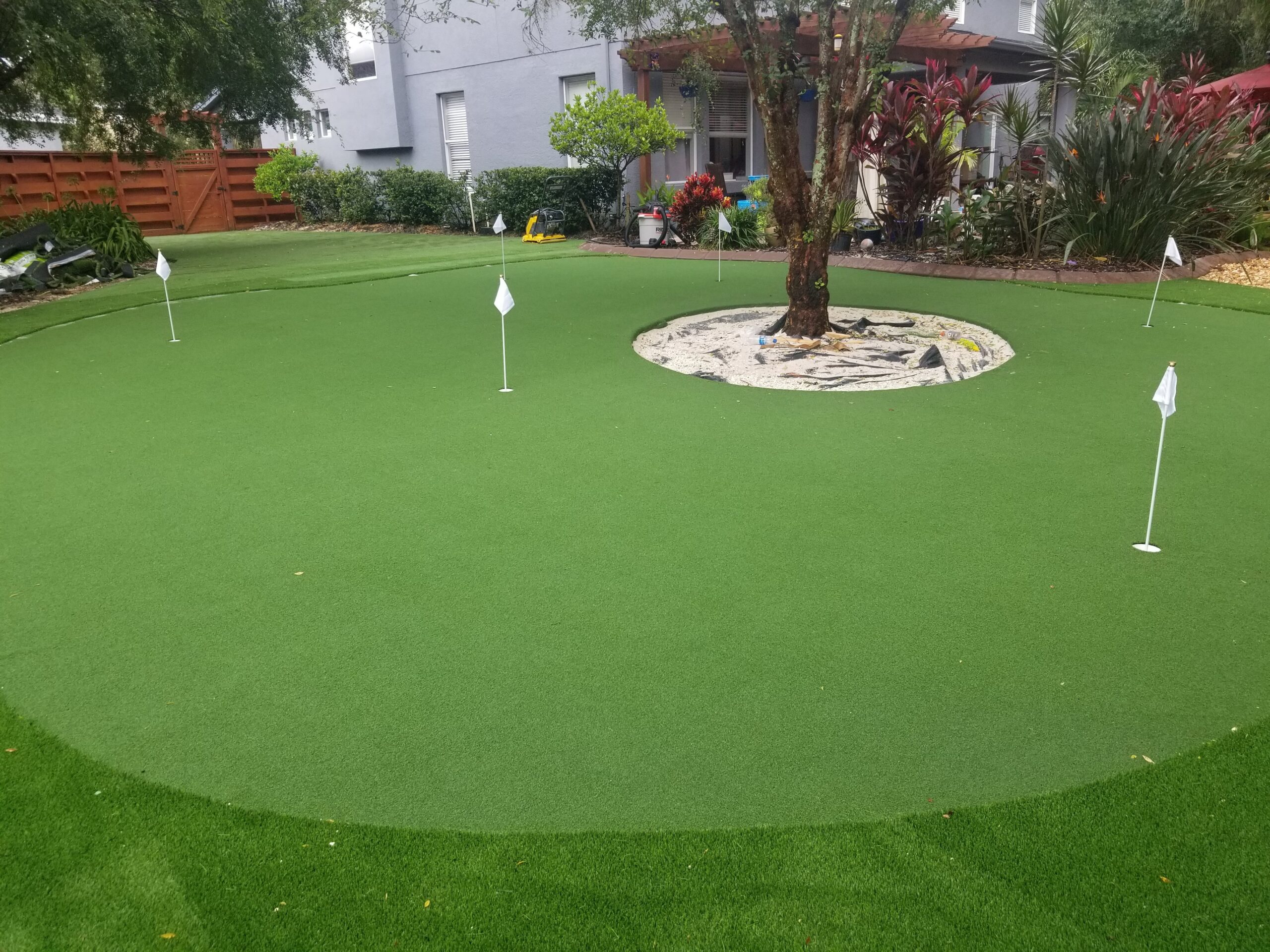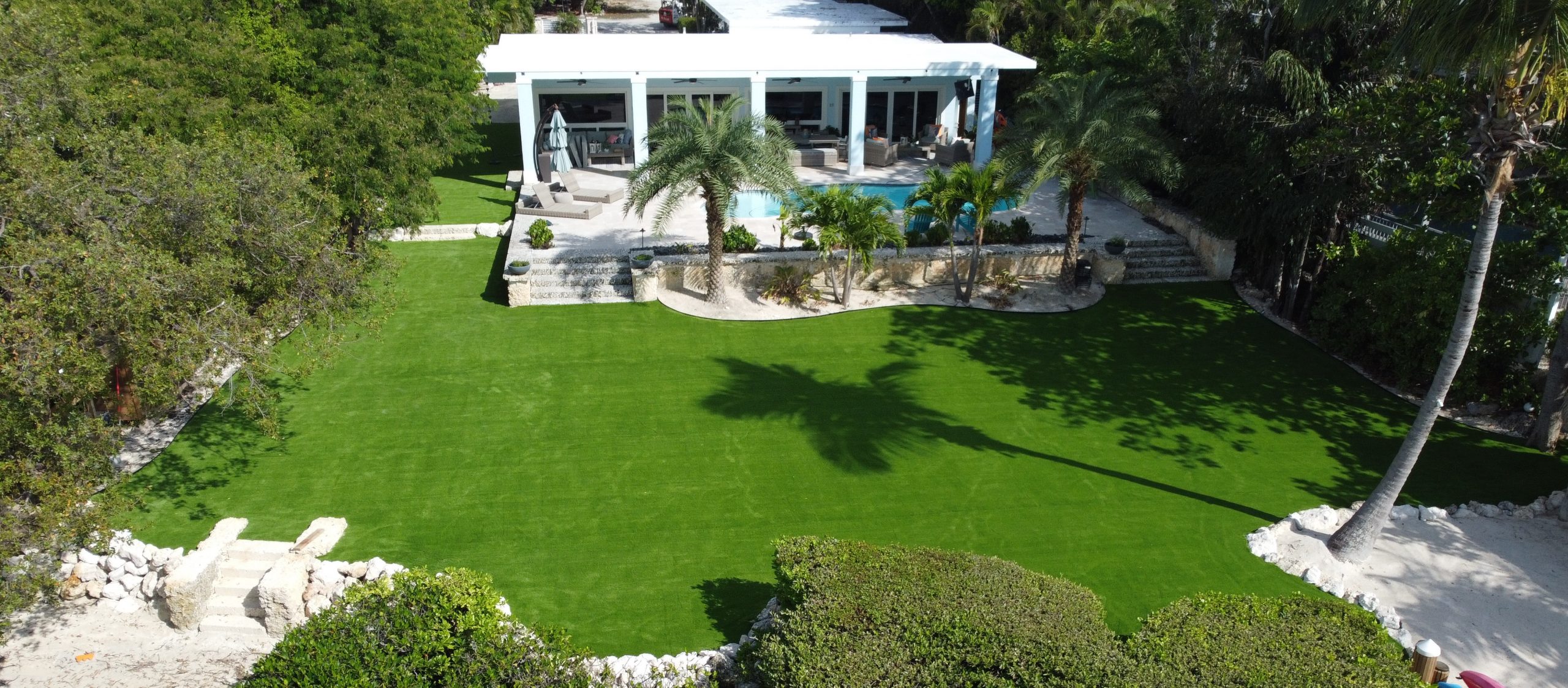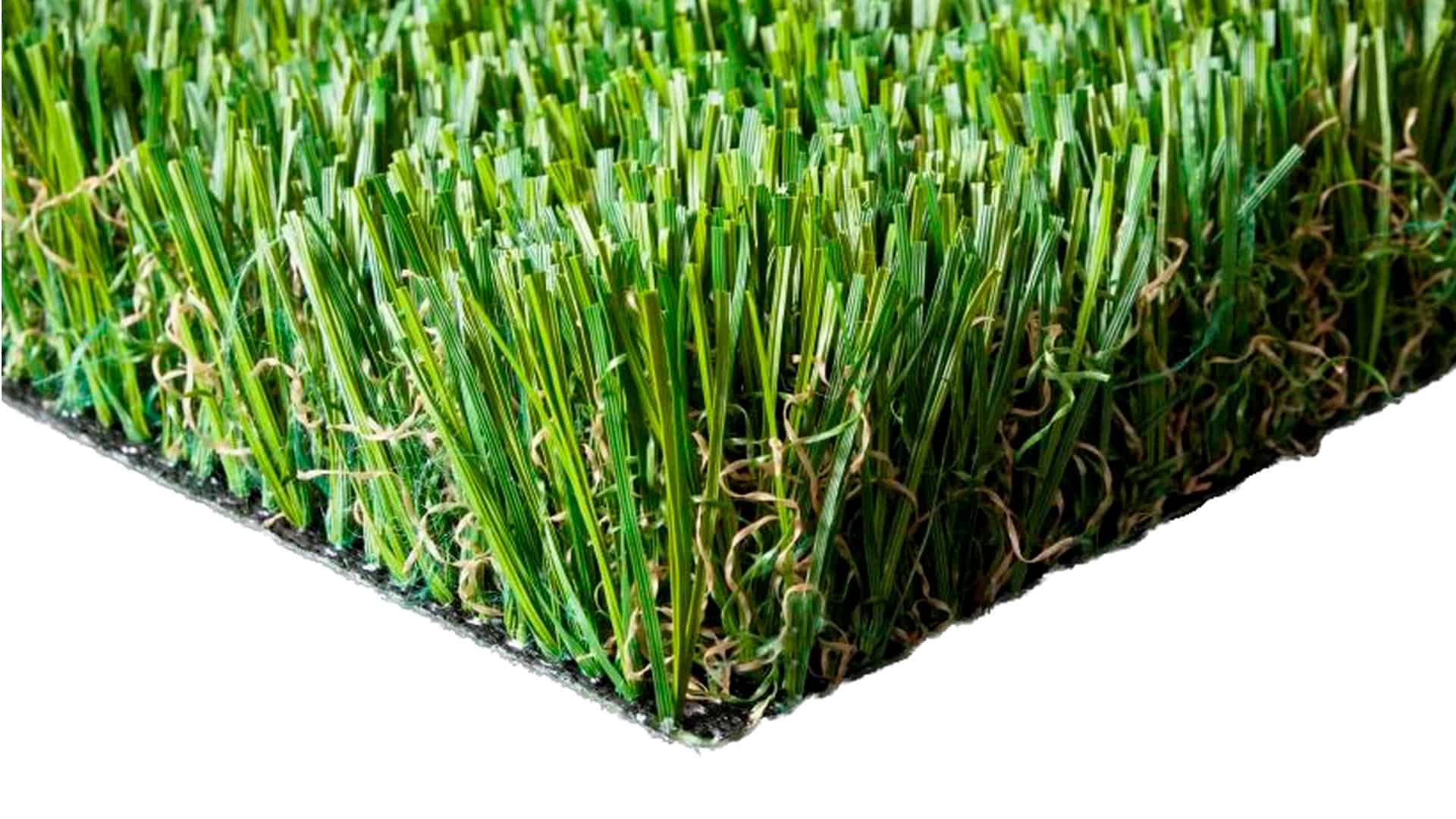The Environmental Benefits of Artificial Grass Installation
페이지 정보
작성자 Gertrude 댓글 0 Hit 43Hit 작성일 25-01-01 01:22본문
 Artificial not only enhances the aesthetic of outdoor spaces but also contributes to a greener future. Its long lifespan ensures that less waste is generated compared to continually replacing natural grass, making it a practical and sustainable option for forward-thinking homeowners.
Artificial not only enhances the aesthetic of outdoor spaces but also contributes to a greener future. Its long lifespan ensures that less waste is generated compared to continually replacing natural grass, making it a practical and sustainable option for forward-thinking homeowners.Traditional lawn care involves constant attention to weeds, grass health, and soil conditions, all of which can produce organic waste and debris. Artificial grass eliminates the need for frequent maintenance, resulting in a tidier yard and less ongoing waste production over time.
Conclusion
Artificial grass installation offers a range of significant environmental benefits that make it a smart choice for homeowners and businesses in Clearwater. By conserving water, reducing the need for harmful chemicals, and lowering carbon emissions, artificial grass helps create a greener, cleaner environment. Its low-maintenance nature means fewer resources are required for upkeep, making it an eco-friendly solution for those looking to reduce their environmental footprint while maintaining a beautiful, functional outdoor space.
Maintaining a natural grass lawn typically involves frequent mowing, often using gasoline-powered lawnmowers. This contributes to carbon emissions and air pollution, especially when mowers are used in large quantities across neighborhoods. Artificial grass installation eliminates the need for lawnmowers, thereby reducing the carbon footprint associated with lawn care.
 Choosing artificial grass for your lawn not only benefits the planet but also ensures long-term savings and a pristine yard year-round. At The Outdoor Living Pros, we are dedicated to helping you make environmentally conscious choices that enhance the beauty and sustainability of your property. Reach out to us today to learn more about how artificial grass can transform your outdoor space in Clearwater.
Choosing artificial grass for your lawn not only benefits the planet but also ensures long-term savings and a pristine yard year-round. At The Outdoor Living Pros, we are dedicated to helping you make environmentally conscious choices that enhance the beauty and sustainability of your property. Reach out to us today to learn more about how artificial grass can transform your outdoor space in Clearwater.Less Yard Waste from Fallen Leaves
Fall can create a significant amount of leaf litter that needs to be collected and disposed of. With artificial grass, leaves and other debris can be easily cleaned without worrying about the grass underneath, leading to less waste and upkeep during seasonal changes.
 No Need for Lawn Care Chemicals
No Need for Lawn Care ChemicalsMaintaining a natural lawn often requires the use of pesticides, artificial grass herbicides, and fertilizers, which can run off into the environment and contribute to chemical waste. Artificial grass installation eliminates this need, creating a healthier and cleaner yard without hazardous chemicals.
Artificial grass installation offers significant environmental benefits, especially in areas where water conservation is a priority. By eliminating the need for regular watering, it helps conserve water, which is especially valuable in drought-prone regions. Additionally, it reduces the use of harmful pesticides and fertilizers that can pollute local ecosystems. With artificial grass, there’s also less need for lawnmowers, leading to a decrease in fuel consumption and air pollution. It’s a sustainable choice that supports a cleaner, greener environment while providing a beautiful, low-maintenance lawn year-round.
Water Conservation with Artificial Grass
Artificial grass installation plays a pivotal role in water conservation. Traditional lawns require constant irrigation, especially during hot, dry months, which can lead to excessive water use. Artificial grass eliminates this need entirely, helping conserve millions of gallons of water annually. This is particularly beneficial in regions prone to droughts, where water conservation is a critical concern. By choosing artificial grass, homeowners and businesses can significantly reduce their water consumption.
Choosing artificial grass can lower energy bills associated with lawn maintenance. It provides a more energy-efficient option for homeowners who want to make a positive environmental impact without sacrificing the beauty of their yard.
Less Lawn Waste with Artificial
Traditional grass lawns can generate significant waste, especially during lawn care routines. Grass clippings, fallen leaves, and even the need to replace dead grass contribute to waste. Artificial grass installation reduces this waste since it requires little to no maintenance beyond occasional cleaning. This reduction in waste is beneficial for both homeowners and the environment. Not only does it reduce landfill contributions, but it also ensures that your yard remains tidy and beautiful year-round, without the need for constant upkeep and waste disposal.
 By switching to artificial grass, homeowners can help lower air pollution levels in their communities. Furthermore, artificial grass does not require the energy-intensive upkeep that real grass does, making it a more environmentally friendly option in the long run.
By switching to artificial grass, homeowners can help lower air pollution levels in their communities. Furthermore, artificial grass does not require the energy-intensive upkeep that real grass does, making it a more environmentally friendly option in the long run.Sustainable Landscaping for a Greener Future
As the world becomes more environmentally conscious, sustainable landscaping is gaining popularity. Artificial grass is a key component of this trend, offering an alternative to traditional lawns that require extensive water, chemical treatments, and mowing. This sustainable choice aligns with efforts to reduce environmental degradation and promote eco-friendly practices.
- PrePlumbing Problems: Reasons To Work With A Plumber 25.01.01
- NextWhat Attain In Situation Of Water Damage And Mold 24.12.31





